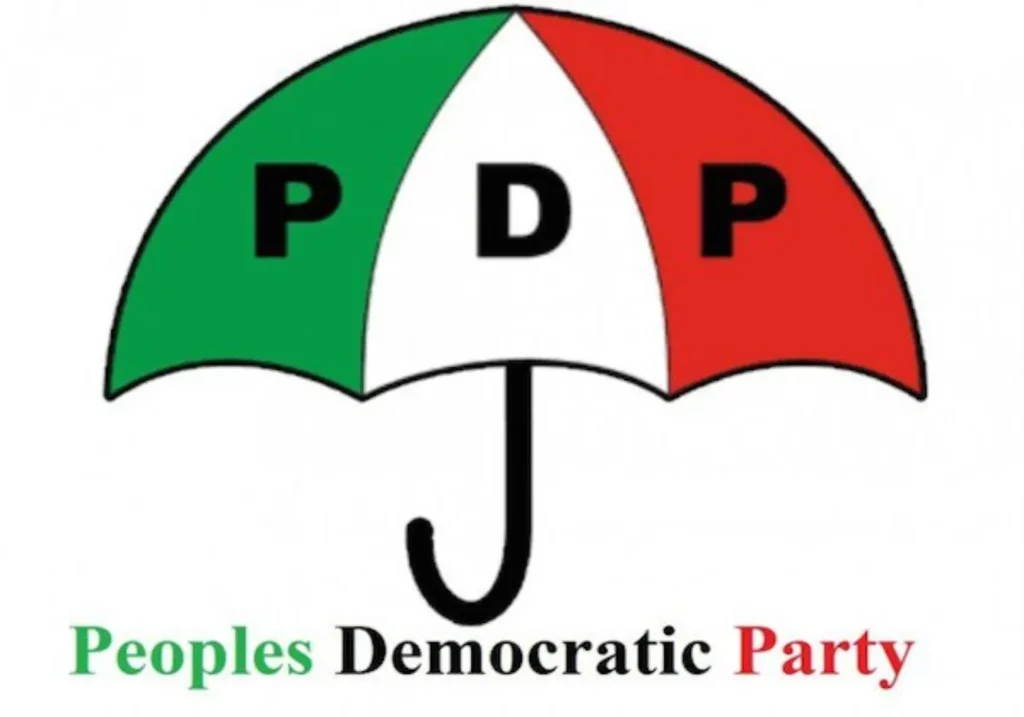The Trade Union Congress (TUC) has called for the retention of the Value Added Tax (VAT) rate at 7.5 percent, arguing that any increase could exacerbate the financial hardships faced by Nigerians. This statement was made by TUC President Mr. Festus Osifo on Tuesday in Abuja.
Osifo emphasized that many citizens are currently grappling with significant economic difficulties, and maintaining the VAT rate is crucial for the well-being of the nation.
“Increasing VAT would place an additional financial burden on Nigerians, many of whom are already struggling with economic challenges,” he stated.
He further highlighted the adverse effects of rising inflation, unemployment, and living costs, suggesting that higher taxes would only add to the strain on households and businesses.
In addition, the TUC welcomed the proposed inclusion of a derivation component in the distribution of VAT among the three tiers of government. Osifo noted that if this provision is enacted and effectively implemented, it could stimulate productivity at the sub-national level.
Osifo also advocated for an increase in the tax exemption threshold from the current ₦800,000 per annum to ₦2,500,000 per annum, as proposed in the ongoing bill. He argued that this adjustment would alleviate the financial pressures on low-income earners, thereby enhancing their disposable income and helping them navigate the prevailing economic challenges.
However, Osifo raised concerns regarding the proposed assignment of royalty collection to the Nigeria Revenue Service (NRS). While this change may appear beneficial at first glance, he warned that it could lead to substantial revenue losses for the government.
He explained that the determination and reconciliation of royalties require specialized technical knowledge in oil and gas operations, expertise that the NRS currently lacks but is possessed by the Nigeria Upstream Petroleum Regulatory Commission (NUPRC). This deficiency could result in inaccurate assessments and enforcement issues, he cautioned.
Moreover, Osifo pointed out that this transition could impose additional regulatory burdens, increase compliance costs for industry stakeholders, and undermine investor confidence due to potential overlaps and inefficiencies between the NUPRC and NRS.
Despite these challenges, Osifo reiterated the union’s commitment to advocating for policies that enhance the lives of all Nigerians, particularly workers.
“We believe that proactive measures, when implemented, are for the maximum good of the citizens and evidence of great and sincere leadership,” he remarked.
As discussions surrounding the Tax Reform Bill progressed, he expressed the hope that the focus would remain on fostering equitable economic growth and improving living conditions for all Nigerians.

